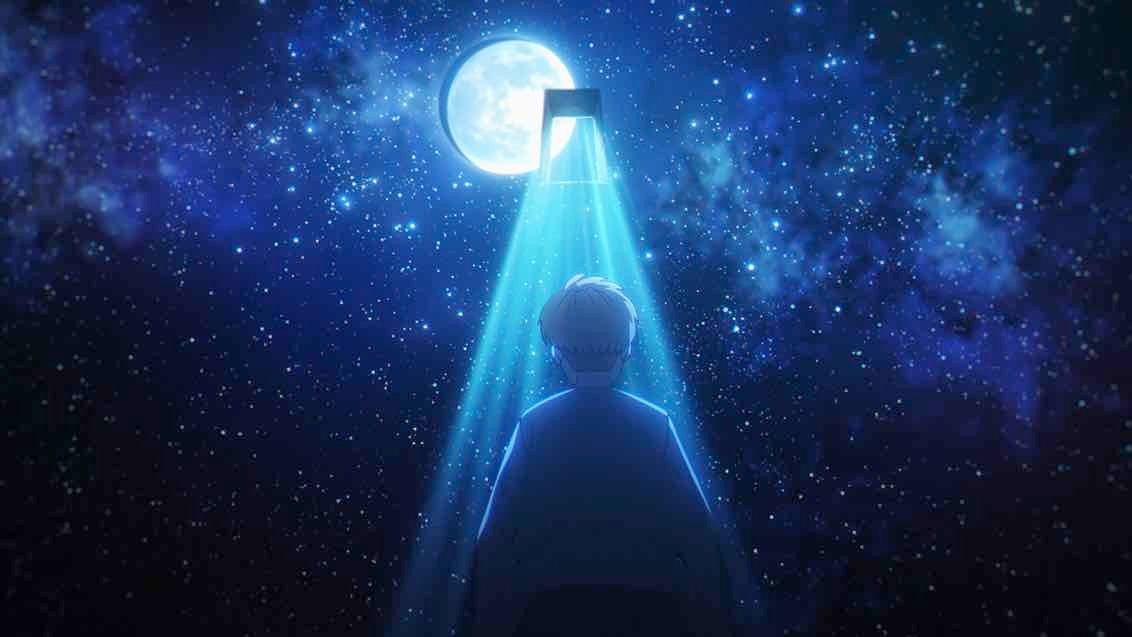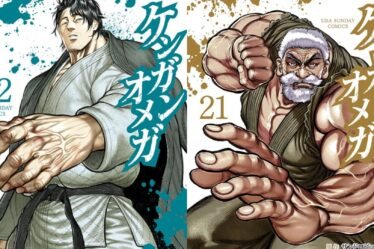
There’s lots to speak about on this episode of Chi.: Chikyuu no Undou ni Tsuite. Beginning with the truth that it is one of the best new sequence of the season but, and by a fairly wholesome margin too. What I hoped would occur – that in making the transition to anime, the issues that bothered me concerning the manga can be chiseled away, abandoning its appreciable deserves – has absolutely come true. However given a few of the backlash in opposition to the sequence, I do not assume I’d be accountable if I ignored the complaints. So I am going to give it some thought someday. Make of my opinion what you’ll, as a result of that is all. After this week I’ll restrict my reflections to the story itself.
What you primarily see is the accusation that the sequence isn’t “traditionally correct”. It isn’t traditionally correct, it presents a distorted Japanese view of Western establishments, and so forth. Nicely, to be sincere – so what? Western criticism is stuffed with reward for Shogun. And rightly so: it is a wonderful work of fiction. However traditionally correct? Laughably not – and regardless of being largely in Japanese, the angle on the warring states of Japan is fully Western. And that is the much-cleaned-up 2020 replace – the unique Clavell novel (and TV miniseries) are rather more ‘inaccurate’.
This is the onerous fact – Chi: Chikyuu isn’t a historical past e book and doesn’t declare to be. It’s a narrative fiction. It reworks historical past for dramatic impact, to inform a narrative and make a thematic level. Like for instance Heike Monogatari – which I really like unconditionally. It is a Buddhist parable, not an try at an correct historic retelling (as if such a factor have been doable anyway). And you may add Vinland saga Additionally on that listing by the best way. I am unsure why somebody of their early twenties (as Uoto was when he wrote this sequence) would count on to have an encyclopedic data of medieval Polish historical past. However even when they did, that is not the purpose.
I fully perceive that when establishments you maintain pricey come underneath assault – particularly by somebody from a overseas tradition – it appears like we ourselves are underneath assault. However even when Uoto exaggerates the extent of the Polish Inquisition’s evil deeds (they do), we do not want a “good folks on either side” perspective right here. It is okay to say that the Inquisition was heinous and evil, despite the fact that “often solely Jews and Hussites have been burned on the stake” (which is grounds for an assault on Chi: Chikyuu that I’ve seen). Even when Copernicus and Galileo (he in Italy) (fairly a bit later than this setting, even in Copernicus’ case) weren’t tortured or executed (largely as a result of each have been associates with highly effective folks within the church, the Pope in Galileo’s case ), they tried to suppress concepts – continues to be incorrect.
The historical past of the Catholic Church and heliocentrism is certainly sophisticated. A lot of the waxing and waning opposition, each there and in Protestant circles, arose from makes an attempt to denounce the opposite facet. There have been folks within the church who believed in it from very early on, however in reality Copernicus’s writings have been formally banned till 1833. 1833! The issue is that I do not assume there’s any level in subjecting a Japanese manga to the norm of depicting all these nuances whenever you’re attempting to inform a narrative concerning the love of fact and braveness within the face of adversity. And when you assume so, you’ve gotten the choice to not learn or watch.
Now on to what actually issues. Clearly, this was a fairly highly effective episode. I’ll say for the report that I hate this flip of occasions within the sense that I actually preferred Rafal because the lead, and Sakamoto Maaya is simply so rattling good in roles like this. However I perceive what Uoto is attempting to do right here (not less than in my interpretation). A part of that, I believe, is a mirrored image on the destiny of early scientists. Within the twenty first century we’ve instruments that may show and disprove scientific theories. This was not true of most issues that lecturers considered within the Center Ages (equivalent to heliocentrism). And I believe that is a particularly necessary distinction.
It needs to be famous that Copernicus and Galileo have been each, amongst different issues, religious believers in God. They noticed their seek for the reality as a way to glorify Him. Hubert addresses this topic within the double premiere – how can a extra lovely view of the universe be heretical? However males like Hubert – and a boy like Rafal – needed to base their religion on religion. To them, science was a sort of faith, a perception in a fact that they felt of their hearts was proper, however which they knew they’d die if they may by no means confirm. And that makes Hubert and Rafal martyrs in a way. And despite the fact that the Polish Inquisition has not made a behavior of routinely executing lecturers, loads of lecturers have died for his or her beliefs. Simply as many early Christians died earlier than them.
When Rafal speaks of ‘inspiration’, this non secular parallel is once more hanging. As I famous final week, for what he does to make sense, it’s important to imagine that there’s magnificence within the fact. This episode actually comes down to 2 choices. One from Potocki (Makishima Kouichi) to report his son. And the opposite by the son to not recant his heresy and dwell a snug life. Nowack talks about an important selection: ‘what to surrender’. We are able to see that Potocki gave up many issues, particularly a life spent pursuing the reality. What Rafal selected to surrender was his life itself, within the service of the reality.
Who was proper, and who was incorrect? It is tempting to say the reply is clear, however I believe everybody has to search out their very own fact. If Rafal had chosen life – and hypocrisy – would he have finally been capable of do a greater service to the reality he believes in? It is a legitimate argument. Did Potocki do what he did out of a want to save lots of his son from torture or loss of life, or as a result of he feared these issues for himself? I do not assume that reply is so apparent. However the level is that no matter you imagine, Potocki isn’t the evil one right here. Nowak – and the establishment he represents – are too. “Truths” revealed throughout torture are meaningless. And this is applicable no much less to choices made underneath emotional (and bodily) blackmail. The establishment that Nowak serves deplores the reality in all its varieties.
That is finally why “the Polish Inquisition was not That unhealthy” arguments don’t persuade me. You both condemn it at a elementary degree, or you do not do it. Oppression is oppression, and atrocities are atrocities. And kudos to any author who chooses to make use of their items to show such evil. As for Rafal, he selected to face eternity on his personal phrases. To embrace the unknown as an alternative of permitting worry to show him to the reality – his faith. Agree or disagree together with his selection, like it or hate it, there’s a tragic magnificence in it. And any sequence that may present us that’s actually value watching, and positively value a frank and respectful debate about its deserves.



